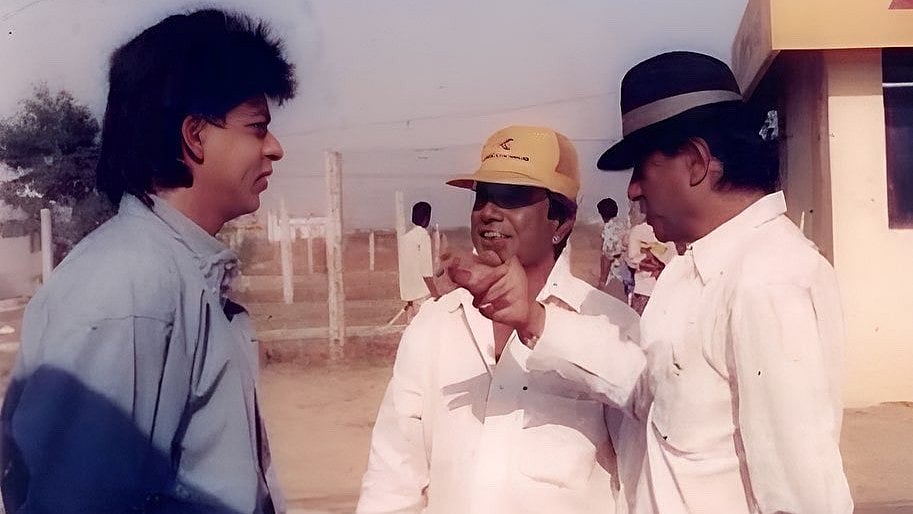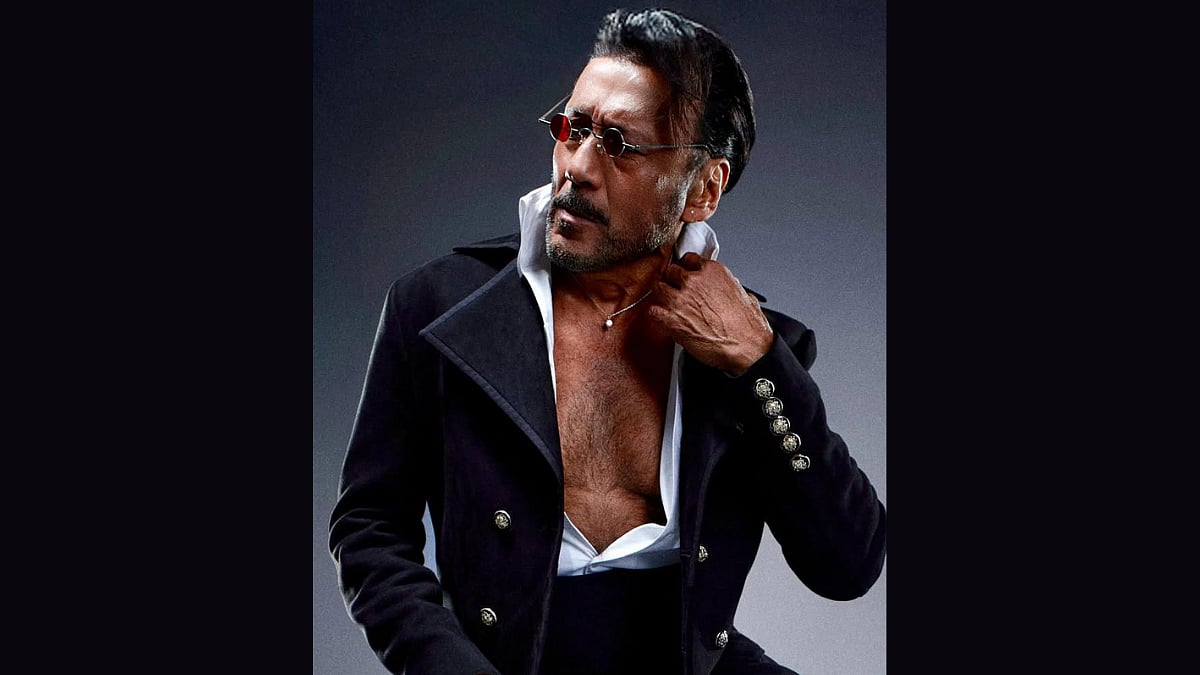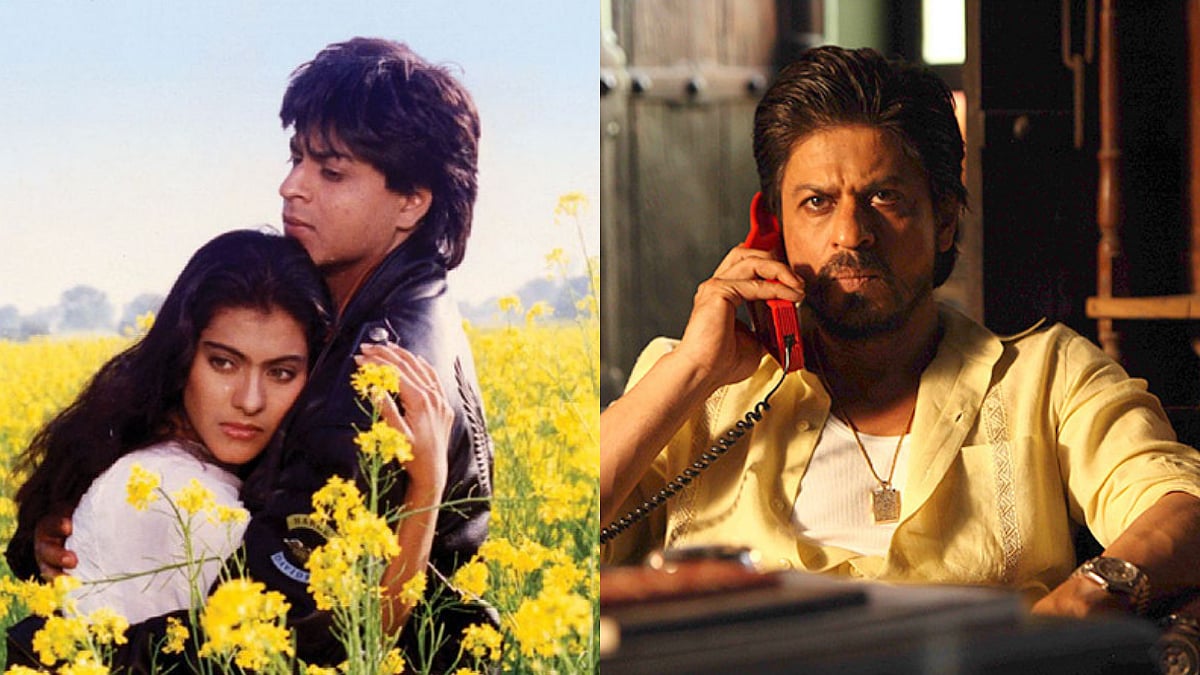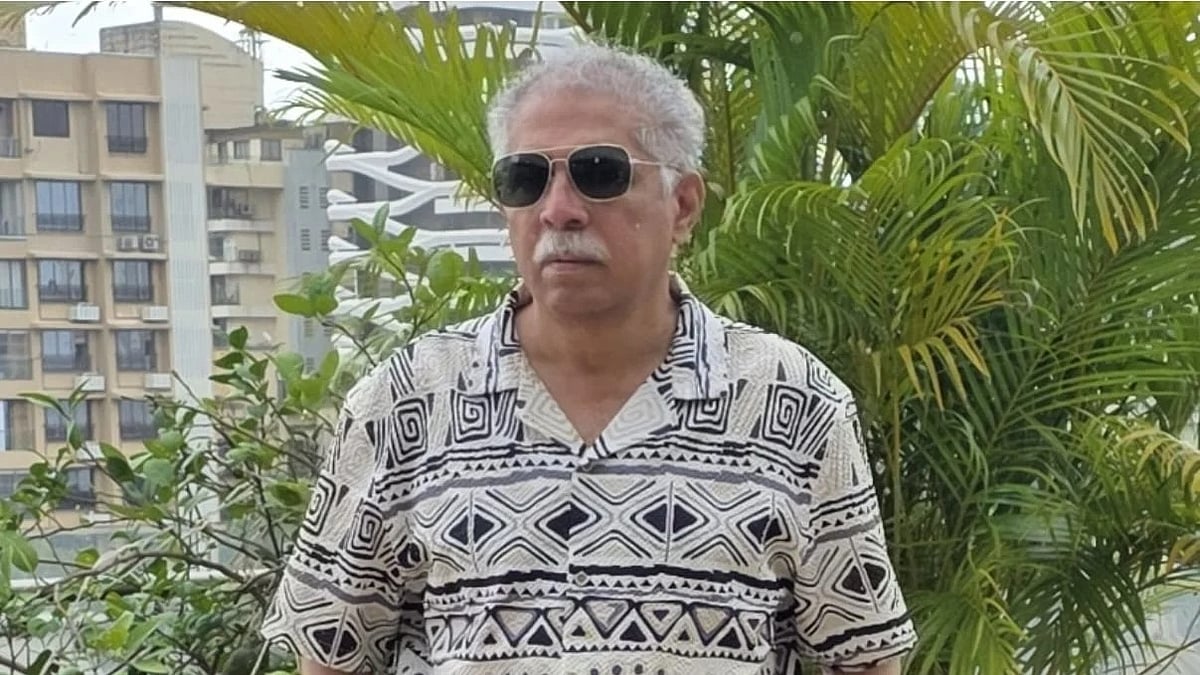Copyright is not a natural law because it doesn’t exist in nature. It’s a right created by humans and for humans. Animals and other living beings don’t have any legal copyright. Most countries have the same set of copyright laws. The exceptions are in interpretation based on local needs. For example, the interpretation on ‘fair use’ differs vastly between the USA, Europe and India. The other significant difference in the laws is the provision for basic damages and punitive damages. In India, for example, there is no provision for any punitive damages.
An important aspect of India’s Copyright Rules of 2013 provide many provisions for ‘fair use’ that most are unaware. The term Forced License was introduced in this set of rules. People with reading disabilities, educational institutions, translations etc received several benefits from these amendments. The key is that they merely need to inform copyright holders of their intent to use copyrighted material under the several sections allowed in the law. They don’t have to pay any license fee as long as they are not using it for furthering commercial interests.
Creation and registration of copyright, territorial validity
Copyright is created when an idea is recorded on a physical medium. Extra registrations are generally not required. Indian Copyright laws do have a provision to register copyright in a central registry. In the eyes of the law, though, there isn’t any difference between a formally registered and unregistered right. All copyright follows the Berne Convention (1886) and all its subsequent updates. India being a signatory to various international conventions is accorded the same privilege in copyright as it accords to rights created in other countries.
There is, however, a set of circumstances wherein the creator of the idea when recording it on any media, is not the primary holder of the copyright. This case arises where an individual or legal entity (such as a company, organisation, educational institution, etc) commissions a work of intellectual property under what is generally known as a For Works Contract. In such a contract, the creator of the copyright material is paid for the services once the material is delivered to the originator of the Works’ Contract. In such a case, the copyright doesn’t rest with the original creator. The legal entity will hold the copyright for 60 years from the date the copyright material was first published.
Inheritance and transfer of copyright
By its very definition copyright exists ONLY with the creator (author) of the intellectual property. The said individual can assign copyright to a publisher and receive royalty in return. The right to receive royalty or any other financial benefit can be transferred like any other property, to any living individual. In copyright, however, there is a limit to when an assignee of the copyright can receive financial benefits. Under Section 22 of the The Copyright Act of 1957, the rights of the author and the subsequent assignees exists for 60 years after the death of the author.
Protection of Copyright
There are various legal options available to the copyright holder including that of approaching the police for filing a complaint. A Cease and Desist Notice is generally the first step in warning an offender of a breach of copyright. The sad truth though is that in India and many Asian countries the process is laborious and time consuming. Along with the advent of digital technology, copyright law has become more complicated. A violator, if not physically located in India, is beyond the reach of Indian law. At best, a person could approach the court and ask a service provider to block content in India. The courts, however, are extremely reluctant to take this step, especially if it is not a matter of national security.
Acquiring copyright of others’ works
Copyright can be assigned by the original creator and, thus, anyone can theoretically acquire a license. However, in most cases the first assignor (publisher or producer) is reluctant to part with copyright, especially, if it is commercially profitable. If the author has passed on then the assignee or inheritor can sell or license copyright. However, the limitation of 60 years stands from the original date of the author’s passing. It is not influenced by any subsequent changes in the assignment. So if a person is to acquire a copyright, ten years after the author has passed away, the term remaining shall be fifty years even though the new assignee has only just acquired the rights.
(The writer is the Chairperson of SAGE India)













